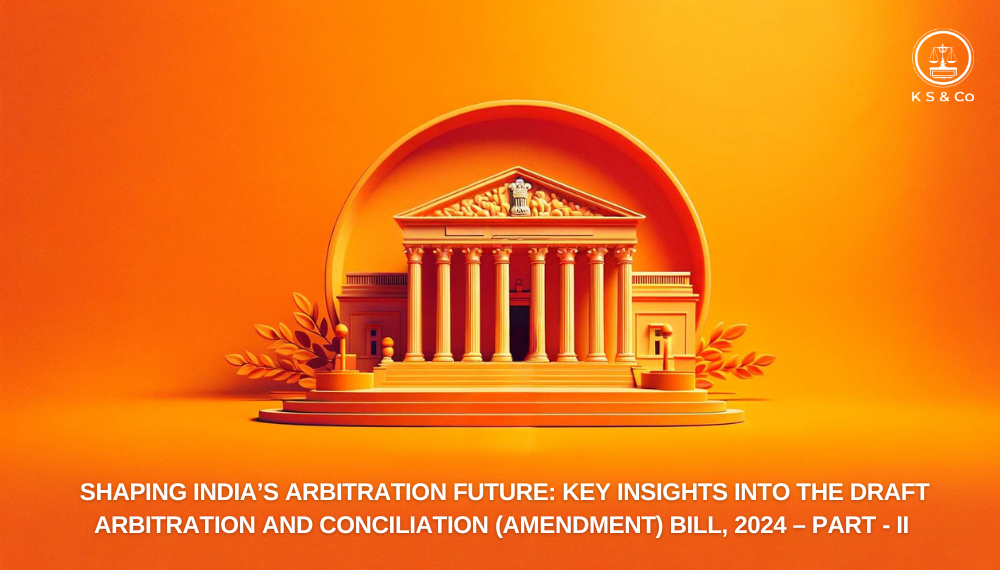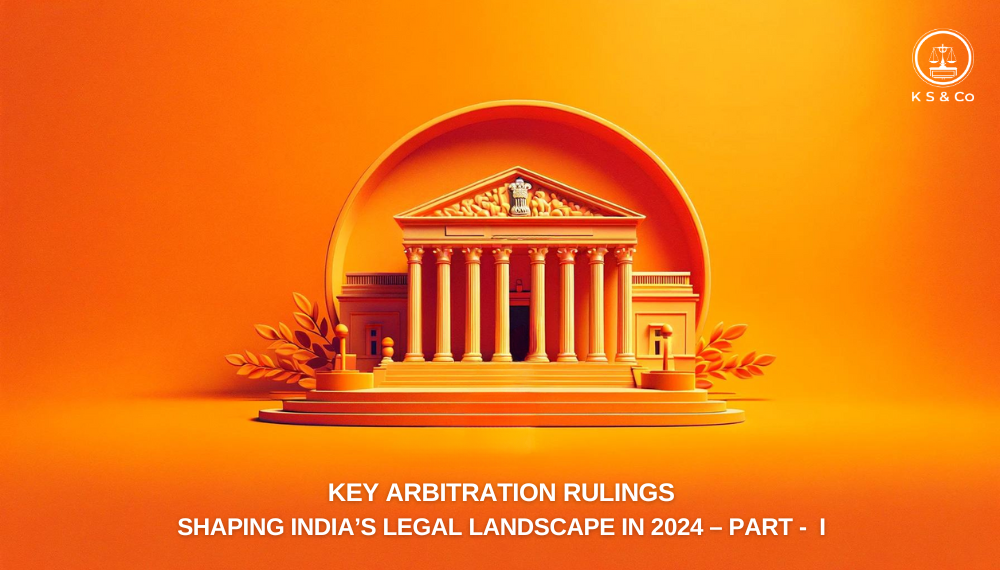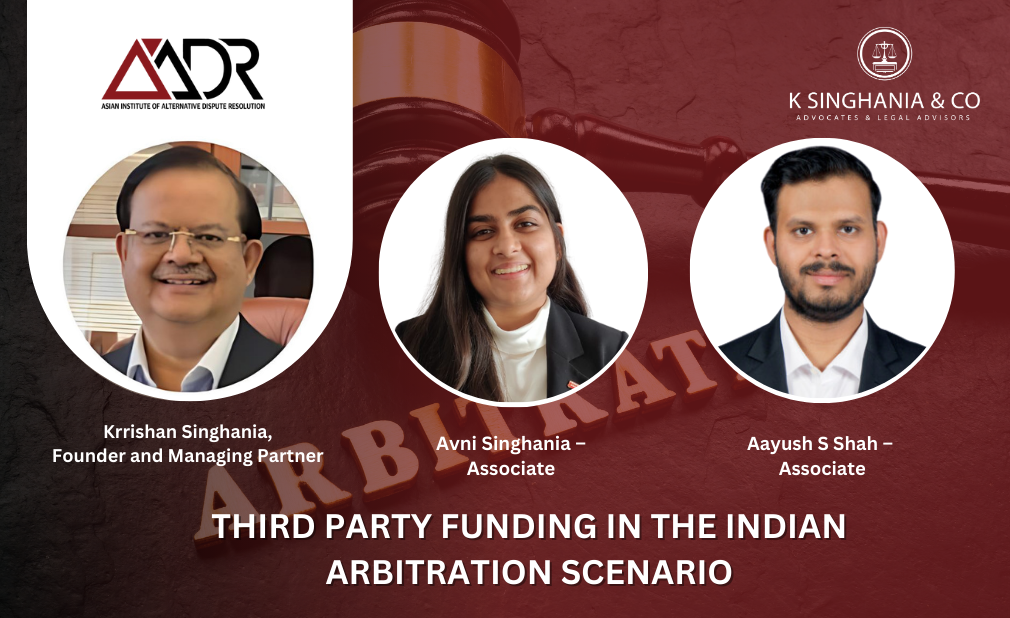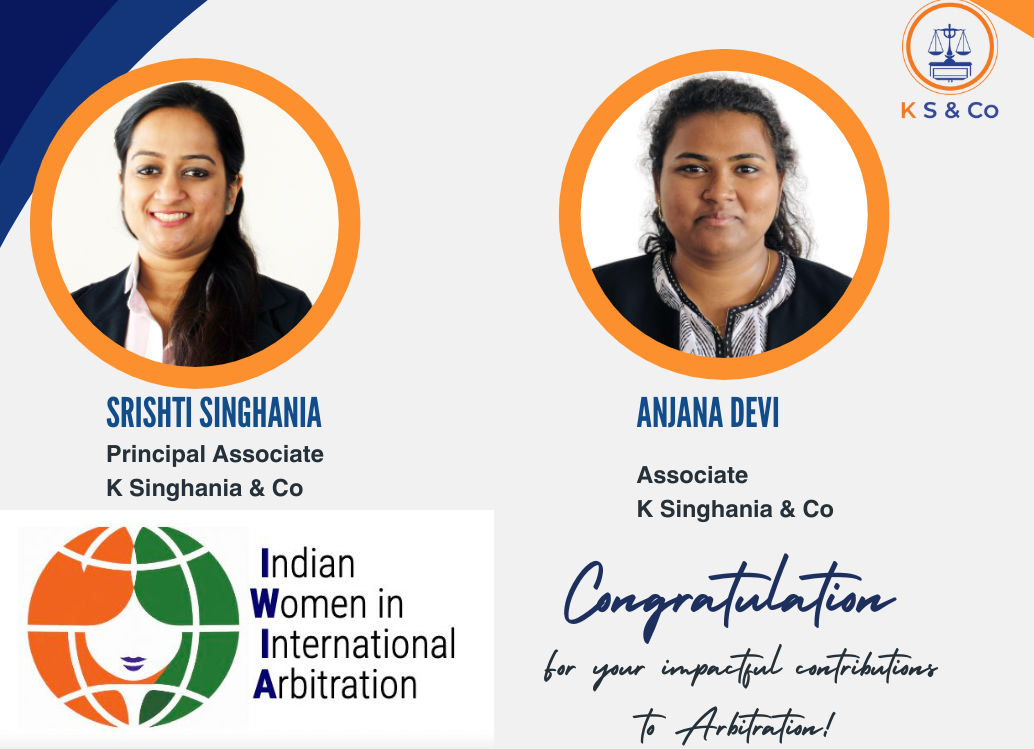With the coming up of social media marketing, many entrepreneurs have started promoting their goods and services by writing blogs. However, many a time’s competitors copy the content of the blog writer and portray it to be their original advice or opinion. It order to prevent such practices, we shall see how one can copyright their blog writings.
1. Whether the content on my blog is protected by Copyright Law?
Yes. Copyright Law confers a bundle of rights to creators of literary, dramatic, musical and artistic works and producers of cinematograph films and sound recordings. In respect of literary works, the author has the exclusive right to publish and distribute the work, to make any adaptation or translation of the work and to make any movie in respect of the work. However, for getting protection under the law, the literary work requires to be original and not copied from anywhere else. Thus, as a blogger, one can seek protection under the copyright law as long as the content on their blog is original. As copyright law requires no formality, one has copyright over its work even if the work is not affixed with the © symbol.
2. Whether I need to seek for registration for getting benefits under Copyright Law?
No. One does not need to carry out any formality or register their work for claiming copyright protection. The author gets copyright over its work as soon as it is created. However, certificate of registration of copyright serves as a proof that you are the owner of the copyright before the Court of Law. This means that if you want to file a suit for copyright infringement you should register your work. However, in case you write something and someone else copies it, you can send a notice to the other person for ceasing to do so, or to acknowledge that the content has been written by you, as you have a copyright over it under the law.
3. What steps can I take to prevent copyright infringement (apart from registration)?
These are some free steps that blog writers can take to protect their content and reduce the amount of misuse:
- Add Copyright Notice in your Footer: It is not necessary but important to have a copyright notice in order to prevent people from believing that your work is available for copying freely. A copyrights notice contains the copyright symbol, year of creation, name of author and a statement which says “All Rights Reserved”. In case you want to give some rights, such a right to publish to others, you could write “Some Rights Reserved”. An example of copyright notice is as follows: © 2011 JOHN DOE ALL RIGHTS RESERVED
- License your content: It is important that you clearly mention if you want others to use your content and under what terms. In case you want to reserve all rights, it should be clearly mentioned. It important to mention the terms of use clearly. You could mention that anyone copying your content should acknowledge that you are the author as one of the terms. Authors can use Creative Commons license which are available on creativecommons.org. These licenses are available for free and help author to communicate which rights are free for others and which rights are reserved. Blog writers can also seek professional help for drafting the licensing terms.
- Use free tools for finding matches of your blog content: FairShare (http://fairshare.cc) is a free online tool that helps you track the copying of your blog content. One can also use “google alerts” to keep a track if someone else is reproducing your content. Plagium (www.plagium.com) is also one of the several online tools used to prevent plagiarism.
4. What remedy can I seek if someone copies the content of my blog?
There are several steps that a blog writer can take before deciding to file a law suit for copyright infringement, some of them are as follows:
- Send e-mail to the infringer: You could send an email to the website owner informing him that he has copied your original content which is illegal and request him to remove the content from his website.
- Cease and Desist Notice: If you get no response on sending an email, you could send a Cease and Desist Notice to the website owner for ceasing to use your copyrighted content.
- Take Down Notice to web host: You can also send a Take Down Notice to the web host of the website that is publishing your copyrighted content. Under the Information Technology Law, the web host is required to take down the copied content and take strict action against the website.
- Filing Law Suit: This is the last resort and it is important to note that one requires copyright registration only when it decides to go to the Court.
5. How can I register my copyrighted work by myself?
Yes. Any individual can file an application for registration of copyright of his/her work and does not require any lawyer to do so. One can file the application by either going to the Copyright Office at Delhi, or by sending it through post or by using the e-filing facility available on the website www.copyright.gov.in.
6. What is the procedure for registration of a work under the Copyright Act, 1957?
The procedure for registration is as follows:
- The applicant needs to fill up Form IV (as has been prescribed under the Copyright Rules 1958), Statement of Particulars and Statement of Further Particulars. All these forms are easily available on the e-filing facility.
- Separate application needs to be made for registration of each work. This means that if you seek to get copyright registration for your website. Your website has several works such as literary and artistic works, and separate application needs to be filed for each work.
- The application needs to be accompanied with the requisite fees. The fees can be paid either through Demand Draft or through E-payment.
- The application needs to be signed by the applicant or his lawyer or by the person in whose favour power of attorney has been executed.
7. What is the fee required to be paid for registering a literary work?
The fee for registration of a literary work is Rs. 500/- per work. The fee details for all types of work have been provided on the website www.copyright.gov.in. It is also important to note that the fee is not reimbursable in case of rejection of the application.
8. How long does it take to get a work registered?
After filing your application and receiving a diary number, you need to wait for a period of 30 days in order to see that no objection is filed against your application. If any objection is filed against your application, it takes about one month for the Registrar of Copyrights to decide if your work can be registered, after hearing both parties. If no objection is filed, the examiners review the application and point out discrepancies if any. Thereafter, the applicant is given 30 days time to remove these discrepancies. Thus, it takes 2 to 3 months for registration of any work in the normal course.
9. What remedy can I seek if the Registrar of Copyright rejects my application?
It is important to note that no application can be rejected without giving the applicant an opportunity of being heard. In case an applicant is aggrieved by the final decision of the Registrar of Copyright, he/she can appeal to the Copyright Board within a time period of three months from the date of the order or decision.






